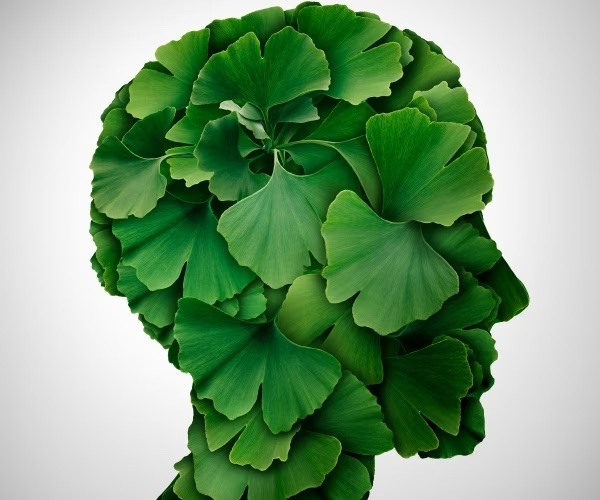Ginkgo Biloba Speeds Cognitive Recovery After Stroke

Dreamstime
By Lynn C. Allison From Newsmax
A recent study in China revealed that administering intravenous injections containing a mix of active components from the herb ginkgo biloba improved cognitive function in patients suffering from ischemic strokes, those caused by a blood clot. The benefits were noted when the injections were administered within the first two weeks following a stroke.
According to Medical News Today, the findings were presented at the 2024 International Stroke Conference. This discovery highlights the potential of integrating traditional remedies into modern medicine practices. In China, intravenous (IV) therapies using the active ingredients in ginkgo biloba, an herb that is often used in Chinese medicine, are commonly employed. However, the U.S. Food and Drug Administration (FDA) has not approved the herb for any medical application although it is available is a dietary supplement.
Special: Brain Doctor: Simple Way to Stay Mentally Sharp
Ginkgo seeds have been used for thousands of years to treat coughs, asthma, alcohol abuse and skin infections. Ginkgo leaves have also been adopted to treat memory loss, cognitive disorders, ischemic heart disease, cancer and diabetes, says Science Direct.
The new study involved 3,163 individuals who had experienced mild to moderate blockage-related strokes. Within the first 48 hours after their stroke, half were randomly chosen to get a daily IV shot of 25 milligrams of a ginkgo biloba-derived mixture, known as GDLM, for two weeks. The rest of the participants were given a placebo shot for the same duration.
Researchers then evaluated study participants’ mental abilities with a 30-point test often used for stroke patients. The test was given at the start, after two weeks, and then after three months. By the 90th day, the ginkgo biloba group had a more significant increase in mental function scores. They had a 20% higher rate of cognitive improvement than the stroke patients who received a placebo.
“If our positive results are confirmed in other trials, GDLM injections may someday be used to improve cognitive function for patients after ischemic stroke,” said Anxin Wang, Ph.D., an associate professor of clinical epidemiology at the Beijing Tiantan Hospital of the Capital Medical University in Beijing.
According to a news release from the American Heart Association, experts warn that while there could be benefits to taking complementary and alternative medications, there are potentially serious risks.
“Stroke patients should not take ginkgo biloba or other herbs or supplements without discussing it with their doctor and pharmacist,” said Sheryl L. Chow, an associate professor of pharmacy practice and administration at Western University of Health Sciences in Pomona, California. “If this new research proves to be effective in future clinical trials it may be a valuable tool for after-stroke care. However, efficacy and safety would need to be demonstrated to meet the same standards as all prescription medications and secure FDA approval.”
© 2024 NewsmaxHealth. All rights reserved.
For more on this story go to: NEWSMAX





